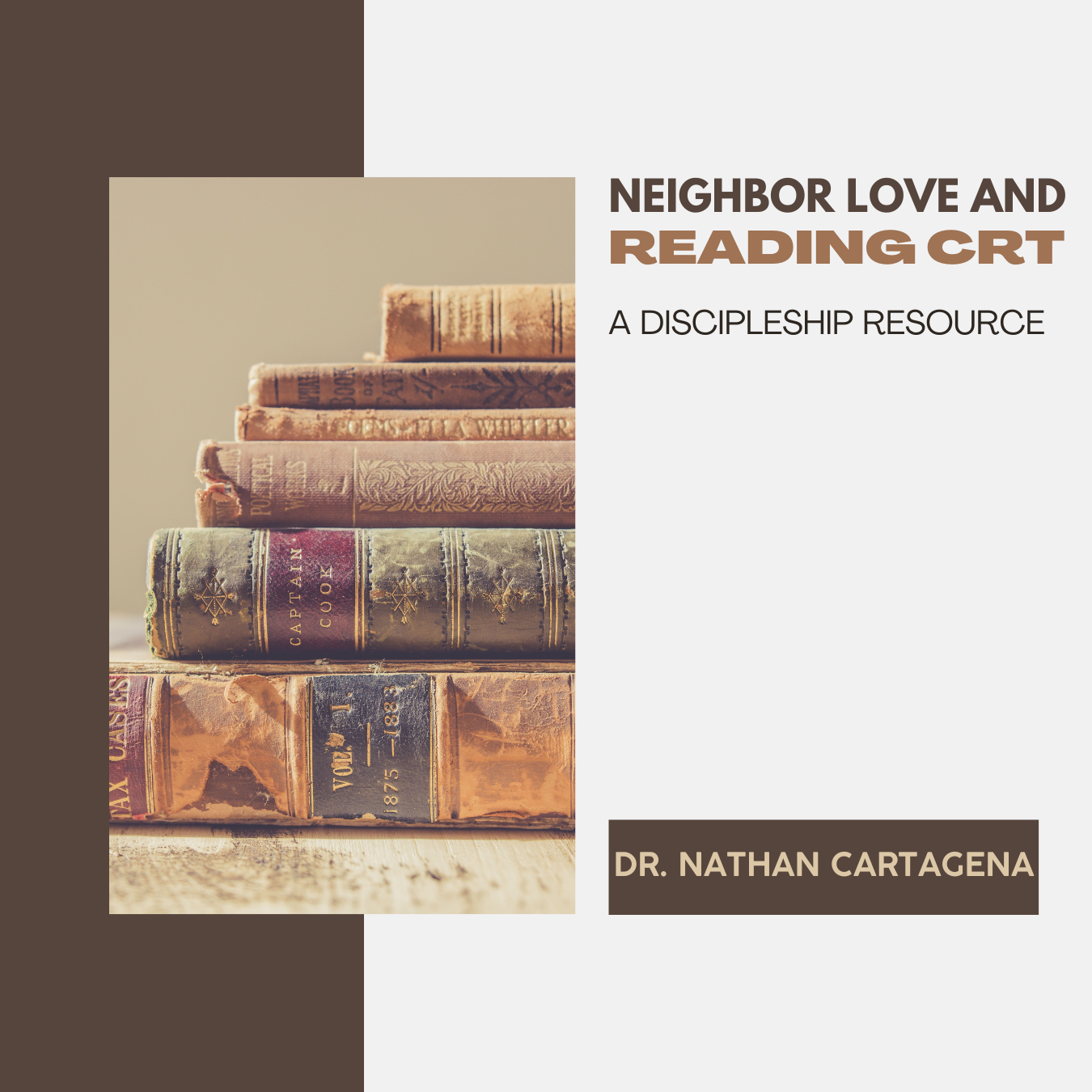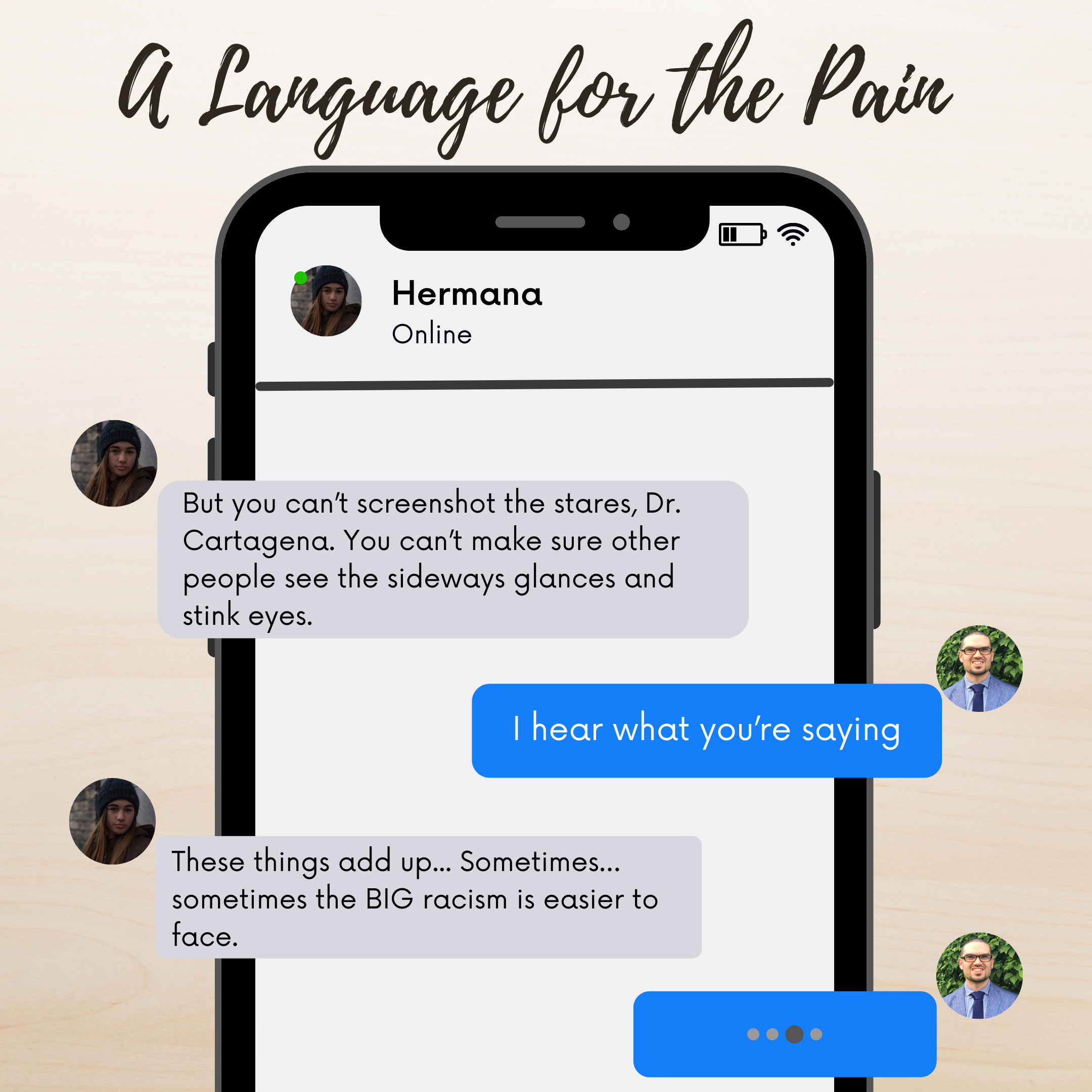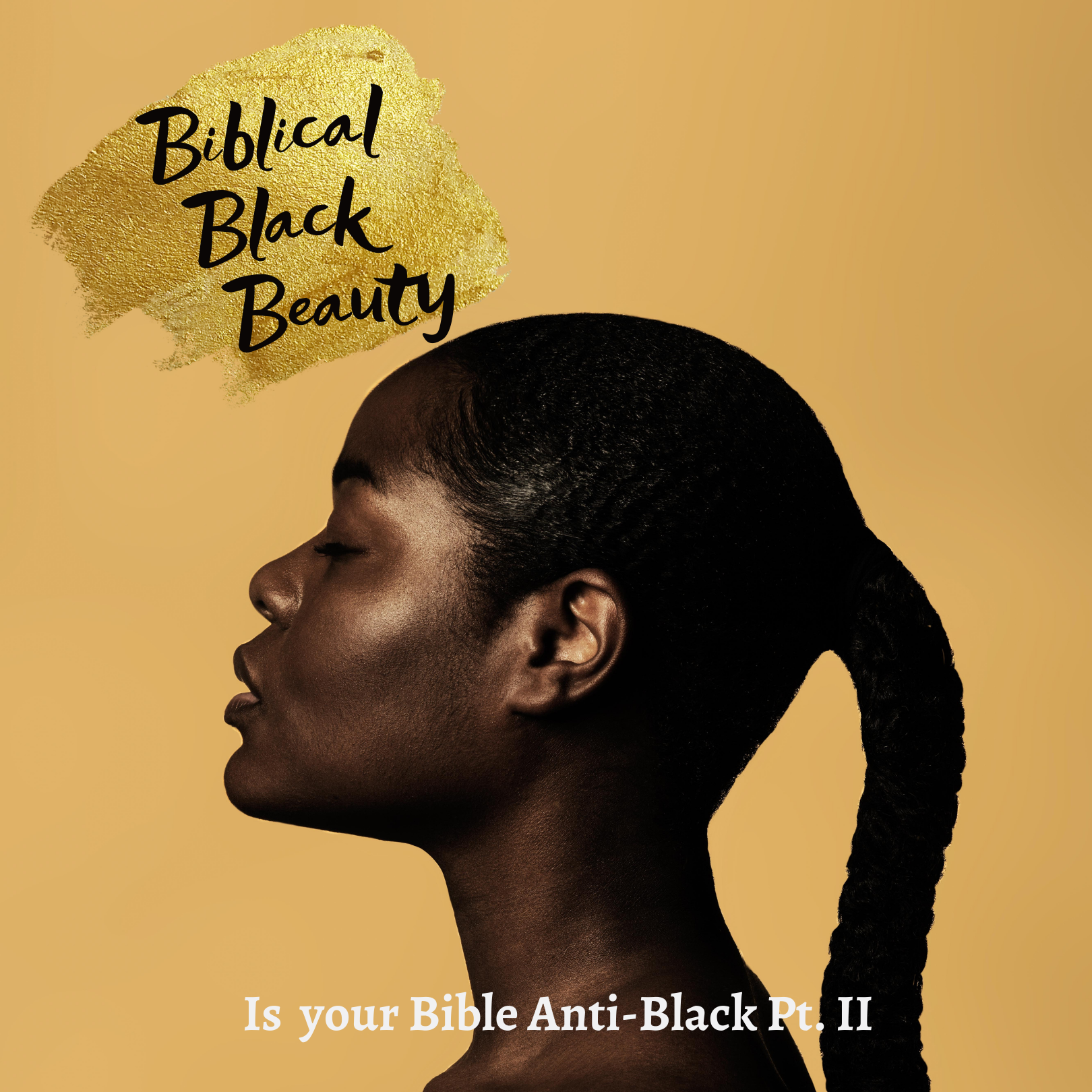God is a liberating listener. I first grasped this truth while reading Walter Brueggemann’s classic The Prophetic Imagination. In the opening chapter, Brueggemann unpacks a key contrast in the book of Exodus: Pharaoh does not hear Israel’s cries; God does. Pharaoh ignores Israel’s pleas for liberation from slavery, exploitation, and oppression. He is a cruel ruler who orders Egyptian slave drivers and overseers to worsen Israel’s misery (Ex. 5). God, however, hears Israel’s cries and enters into their sufferings. “And the people of Israel groaned under their bondage, and cried out for help, and their cry under bondage came up to God. And God heard their groaning, and God remembered his covenant…And God saw the people of Israel, and God knew their condition” (Ex. 2:23-25). Likewise, when God calls Moses to liberate Israel, God connects hearing Israel cries to calling Moses. “I have seen the affliction of my people who are in Egypt, and have heard their cry because of their taskmasters; I know their sufferings, and I have come down to deliver them out of the hand of the Egyptians…And now, behold, the cry of the people of Israel has come to me, and I have seen the oppression with which the Egyptians oppress them. Come, I will send you” (Ex. 3:9-10). Pharaoh’s refusal to listen reinforces and extends Israel’s oppression. God’s listening initiates Israel’s liberation.
Brueggemann is not the first Christian to spot this contrast. Scholars such as Eddie Glaude, Jr. and J. Laurence Cohen have detailed myriad ways African Americans identified and employed the difference between God’s liberating listening and Pharaoh’s oppressive non-listening before, during, and after the U.S. Civil War. Yet as Delores Williams argues in Sisters in the Wilderness, many of these interpretive traditions have proven male-centered, principally conceiving of God’s liberating actions in terms of Moses. Such interpretive traditions obscure another tradition that highlights the biblical witness about God’s hearing, speaking, and liberating oppressed women. This second tradition begins with Hagar.
A Sister in the Wilderness
Whereas Exodus 1-15 recounts Gods liberating Abraham’s descendants from Egyptian slavery, Genesis 16-21 recounts God’s liberating Hagar, a female Egyptian enslaved in Abraham’s household. It is likely that Hagar became enslaved to Sarah and Abraham when the two were “Abram and Sarai” and living in Egypt rather than the land to which God called them (Gen. 12). During this time, Pharaoh believed the false report that Sarai was Abram’s sister—a lie Abram crafted to protect himself despite Gods promising to protect him (Gen. 12:2-3)—took Sarai into his harem, and lavished Abram with “sheep and cattle, male and female donkeys, male and female servants, and camels” (Gen. 12:15-16). Perhaps one of these slaves was Hagar.
Either way, Genesis 16 recounts that Hagar became enslaved to Sarai and the victim of sexual assault. Desperate to have the divinely promised child, Sarai blames God for her barrenness and persuades Abram to have sex with Hagar so that Sarai “can build a family through her” (vv.1-2). Sarai seizes Hagar and gives her to Abram to be his wife. Abram then forces Hagar to copulate with him, and she conceives a child. Throughout this grievous process, Sarai and Abram treat Hagar as little more than sexualized chattel capable of producing their children. This is unadulterated domination.
Sexually dominated, exploited, and pregnant, Hagar despises Sarai. Sensing Hagar’s righteous rage, Sarai complains about her to Abram and calls upon God to judge Abram if he does not rectify the situation. Despite being his pregnant wife, Abram calls Hagar “your slave” when speaking with Sarai. Rather than protect Hagar or their unborn child, Abram tells Sarai “Do with her whatever you think best” to both. For Abram, Hagar is not bone of his bone or flesh of his flesh (Gen. 2). She is Saria’s problem—Sarai’s slave. Within this evil family structure, Sarai again abuses Hagar, who resists her oppressors by fleeing to the desert.
In the desert’s bareness, God visits Hagar. Unlike Abram, God addresses Hagar by name. Unlike Sarai and Abram, God invites Hagar to talk, to disclose her sufferings. Unlike Sarai and Abram who dominate and plunder Hagar, God blesses her. Indeed, God’s blessing upon Hagar is similar to the Abrahamic blessing: “I will increase your descendants so much that they will be too numerous to count” (v.10). God then names the child in Hagar’s womb Ishmael—“God hears”—emphasizing, “the LORD has heard of your misery” (v.11). God sees, hears, validates, and enters into Hagar’s sufferings. These are divine acts of liberation.
A Liberation Delayed
Though the LORD hears, sees, and speaks with Hagar, the LORD does not yet fully liberate her. Preceding Hagar’s divine blessing is a divine command: “Go back to your mistress and submit to her” (Gen. 16:9). Hagar obeys. After bearing Ishmael, Hagar and Ishmael live in servitude to Sarah and Abraham for over fourteen years (see Gen. 16:16; 21:5, respectively). The text never suggests Hagar’s treatment improves. Despite God visiting, blessing, and renaming Sarah and Abraham, we only read of the patriarch’s affection for Ishmael (Gen. 17). Hagar’s abusive marginalization continues.
Sarah eventually conceives and bears a son, Isaac. Sometime later, Abraham celebrates Isaac’s weaning with a party. During the festivities, Sarah sees Ishmael mock Isaac. Outraged, Sarah commands Abraham, “Get rid of that slave woman and her son, for that woman’s son will never share in the inheritance with my son Isaac” (Gen. 21:10). For Sarah, Hagar and Ishmael are potential threats whose names—one of which is God-given—she still does not utter; Hagar is the “slave woman” and Ishmael the slave woman’s “dangerous” son; they are not family; son personas desechables. Sarah’s old patterns of dehumanization and domination persist. So do Abraham’s.
After God assures Abraham that Ishmael will become a great nation, the chosen patriarch sends Hagar and Ishmael out from his household. We read nothing about Abraham voicing concern over Hagar’s fate—not even a parting word of sorrow or blessing. Abraham still does not see nor treat Hagar, his long-time wife, as bone of his bone or flesh of his flesh. In his eyes, Hagar is the slave woman, a disposable commodity.
A functionally divorced and single mother without social support, Hagar quickly faces the unspeakable: She may witness Ishmael’s death, for they have run out of water. Desperate and profoundly grieved, Hagar and Ishmael cry. God hears them and intervenes, providing them water and dwelling with them throughout their life-long pilgrimage. This is the path of Hagar’s final liberation from Sarah and Abraham, her cruel, exploitive oppressors. Its parallel with God’s care of liberated, sojourning Israel are striking (see Exodus 15, 17).
Listening Like God
Delores Williams is right: God “made a way out of no way” for Hagar. But this way was long and painful. And unlike Israel’s bondage in Egypt, the source of Hagar’s oppression was the covenant community, those chosen by God to bless the nations. Abraham and Sarah never utter a word of blessing to Hagar. Instead, they ravage her in word and deed. Together, Exodus and Genesis teach that sometimes nations rage against the people of God, and sometimes the people of God rage against the vulnerable in their midst.
Yet Exodus and Genesis also reveal that God hears the cries of these victims, of oppressed communities and individuals. God enters into their sufferings. And God, the liberator of the oppressed (see Ps. 9:9; 10:18; 68:5-6; 103:6; and 146:3), promotes their freedom.
God’s liberative listening and work culminate in Jesus of Nazareth, the Son of Abraham who is a greater liberator than Moses and defender of enslaved and sexually abused women. In Luke 4, Jesus publicly declares in the backwater, colonized town of Galilee that he came to usher in a new age of justice—the ultimate Jubilee year. As C. René Padilla writes, “the mission of the Messiah [i.e., Jesus of Nazareth] in the power of the Spirit is oriented toward the most vulnerable persons in society: the poor, the prisoners, the blind, the oppressed.” Jesus announces that he came to preach good news to the poor, proclaim freedom for prisoners, provide recovery of sight for the blind, and release for the oppressed. As Padilla again observes: “Jesus was convinced that his ministry was to promote radical socioeconomic changes big enough to be regarded as signs of the coming of a new era of justice and peace—‘the year of the Lord’s favor,’ the Jubilee year (Lev 25)—a metaphor of the messianic era initiated in history by Jesus Christ, in other words, the Kingdom of God.” The saver of sinners like Abraham and Sarah is the listening liberator of oppressed communities and individuals like Israel and Hagar.
Jesus calls his disciples to enter into his divine work of liberation. Christians are to listen to and act for and with the least of these—those with whom Jesus identifies (Mt. 25). We are to care for widows and orphans in their distress (Jas 1). Like God, we should meet Hagar in the desert. Like God, we should listen to oppressed peoples and champion their deliverance from evil systems and regimes. Let us hunger and thirst to participate in the divine life through these Spirit-empowered works.
For more about hermano Nathan, visit his website.
About Dr. Nathan Luis Cartagena
A son of the US South (Mom) and Puerto Rico (Dad), Dr. Cartagena is an Assistant Professor of Philosophy at Wheaton College (IL), where he teaches courses on race, justice, and political philosophy, and is a fellow in The Wheaton Center for Early Christian Studies. He serves as the faculty advisor for Unidad Cristiana, a student group working to enhance Christian unity and celebrate Latina/o cultures, a scholar-in-residence for World Outspoken, and a co-host for the forthcoming podcast From the Underside. He’s also writing a book on Critical Race Theory with IVP Academic.
Articles like this one are made possible by the support of readers like you. Donate today and help us continue to produce resources for the mestizo church.











